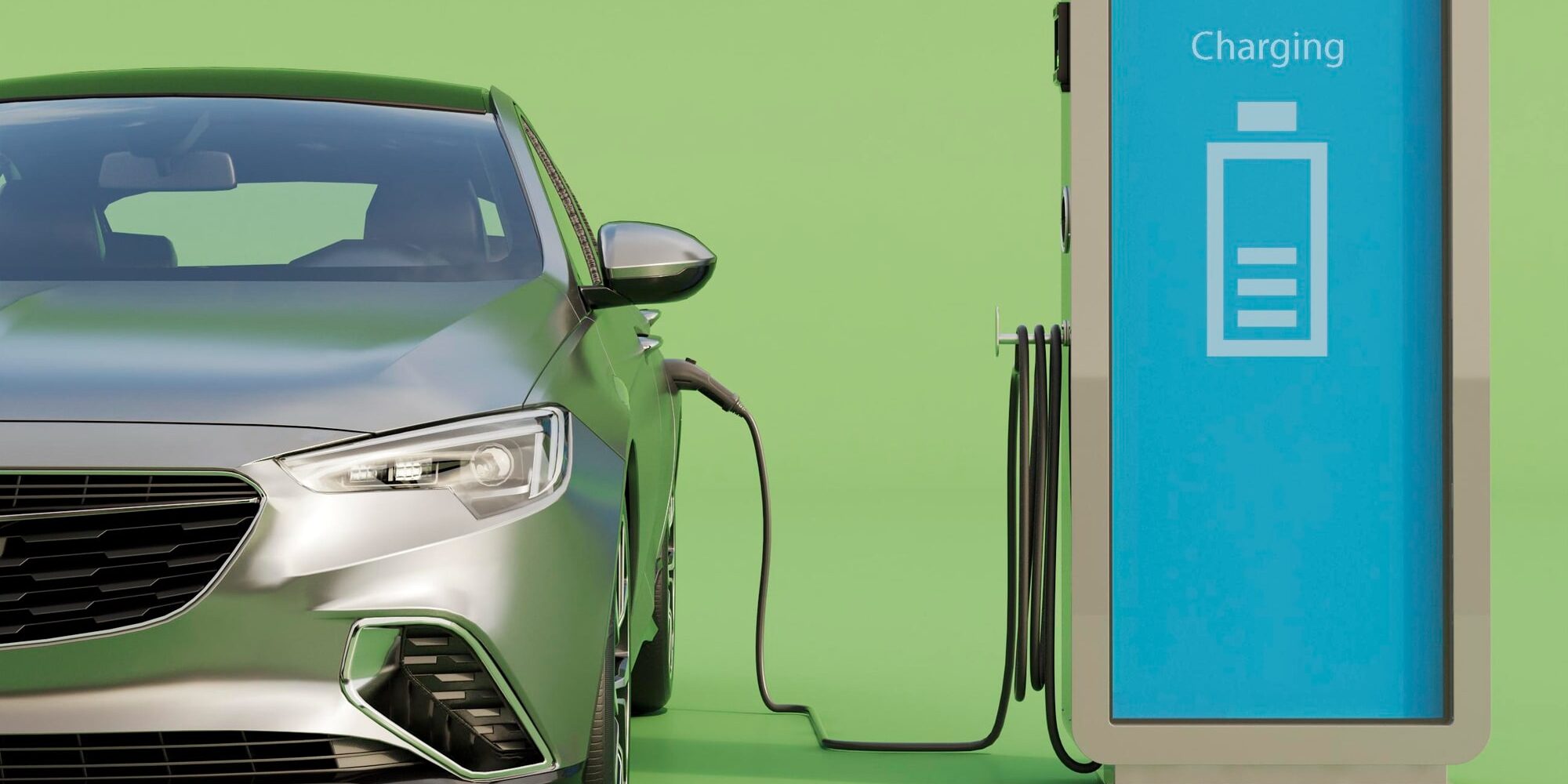As the popularity of electric vehicles (EVs) continues to surge, the demand for convenient and cost-effective home charging points is at an all-time high. Installing a home charging point for your EV not only saves you money, but it also enhances your overall EV ownership experience.
This comprehensive guide will take you through the world of EV home charger installation, covering everything from choosing the right charger, maximising efficiency, to exploring government grants.
Key Takeaways
- Opt for an EV charger that’s compatible with your electric cars, providing the features you need and offering good value for your money.
- Get your property ready by confirming off-street parking, securing landlord approval & hiring a qualified electrician with experience in installations for electric cars.
- Optimise efficiency and lower the cost of charging your electric cars through smart charging & energy tariffs. Consider integrating solar panels/battery storage for a more sustainable approach.
Choosing the Right EV Charger for Your Home
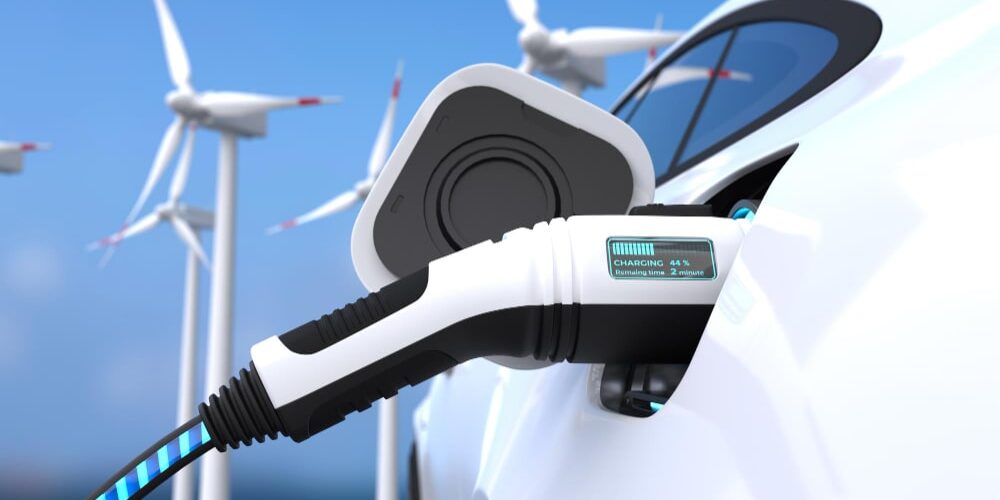
Selecting the perfect home EV charger for your home involves considering factors such as compatibility with your vehicle, charging speed, and available features like smart charging capabilities. Given the wide variety of EV chargers available, it’s crucial to select one that meets your needs and provides good value for your investment.
Consider your electricity tariff and the size of your car’s battery in kilowatt-hours (kWh) to calculate the cost of charging your EV at home. Choosing a charger compatible with your vehicle and offering features like app-controlled management or dynamic power balancing can significantly impact your charging experience. Remember that charging at home is considerably more economical than using public charge points, with costs as low as 9.5 pence per kWh compared to £0.75 per kWh at public points.
Preparing Your Property for EV Charger Installation
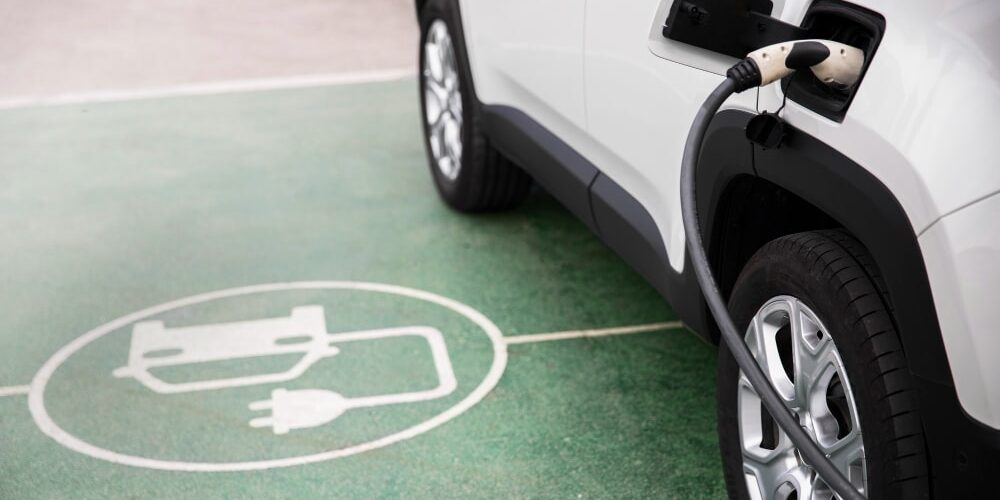
Before installing an EV charger, it’s necessary to prepare your property adequately. First and foremost, you’ll need off-street parking to connect the charger to your electricity supply. If you’re a tenant or live in a flat, you must provide proof of landlord approval before proceeding with the installation.
Beyond these prerequisites, clearing the area around the installation site and verifying that the exterior casing of the electrical outlet is within size limits is important. Hiring a qualified electrician with experience in EV charger installations is highly recommended to ensure a smooth and successful process.
Assessing Your Electricity Supply
Assessing your home’s electricity supply is an important step in the preparation for EV charger installation. Your home may have either a single-phase or three-phase power supply. The type of charger suitable for installation depends on your home’s power supply. If you have a single-phase supply, a single-phase charger is appropriate, while a three-phase supply calls for a three-phase charger.
A clear understanding of your power supply is key as it guarantees a successful installation but also aids in choosing the right charger for your needs. Remember, the charger you select can impact the overall efficiency and cost of charging your electric vehicle at home.
The Installation Process: What to Expect
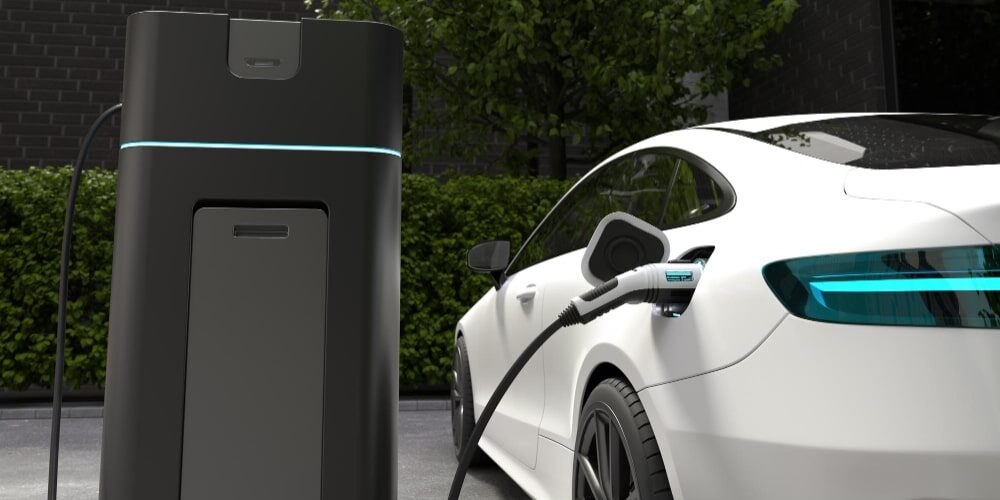
Usually, the installation process kicks off with a complimentary home survey to assess your specific setup and requirements for electric car charger installation. The installation involves mounting the charger on an exterior brick or plaster wall, preferably near your parking spot and where your home’s main electrical feed enters the property.
Most installations take approximately 2-3 hours to complete. After the charger is installed in the desired location, the wiring is connected to the fuse box, and an isolator switch is incorporated to ensure safe and efficient operation.
Costs and Government Grants for EV Charger Installation
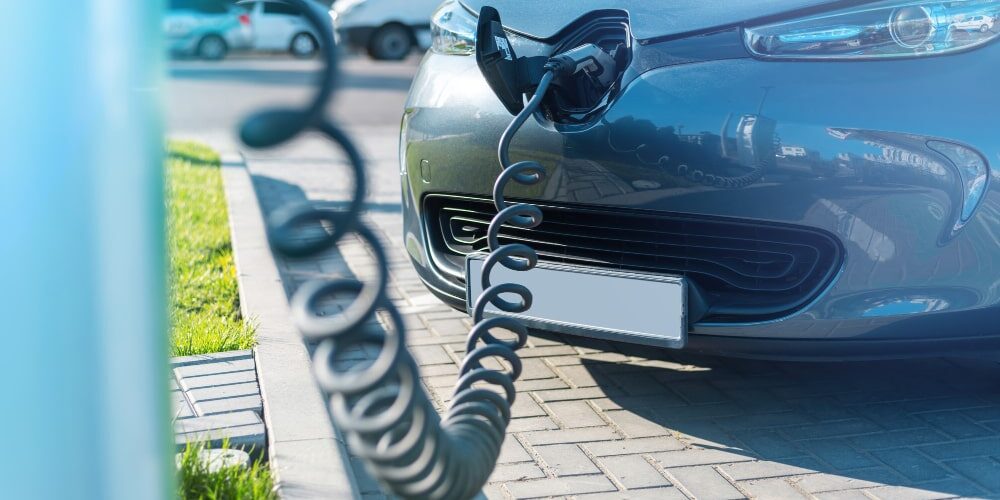
EV charger installation costs can significantly fluctuate, ranging from around £500 for a standard 7kW home fast charger to upwards of £15,000 for more complex setups. Factors influencing the cost include the charger type, the installation’s complexity, and any additional electrical work required. However, government grants are available to help offset these costs.
The EV charge point grant, for instance, offers funding of up to 75% (up to a maximum of £350) for installing charge points at domestic properties, making it accessible to tenants, flat-owner occupiers, and landlords. Remember that eligibility for this grant depends on factors such as off-street parking availability and whether you have previously used the Electric Vehicle Homecharge Scheme (EVHS).
Maximising Efficiency with Smart Charging and Energy Tariffs
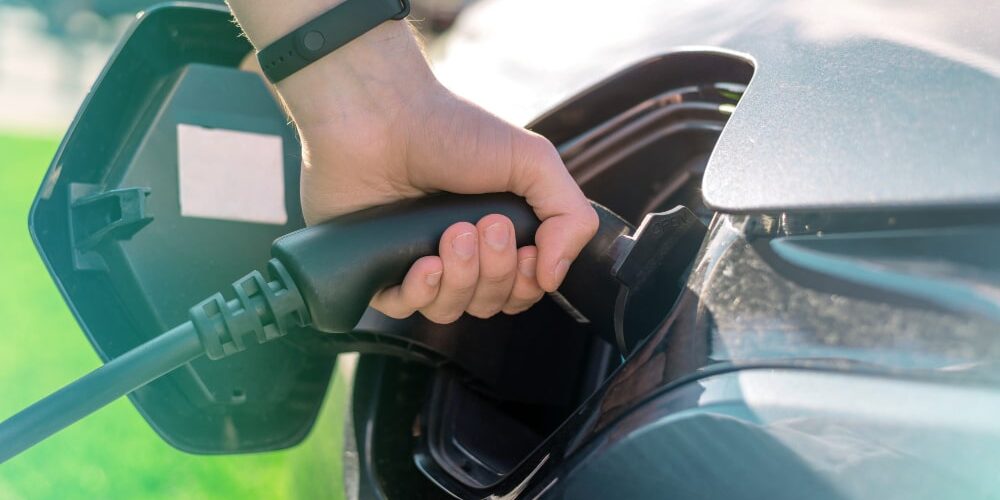
For maximum benefit from your EV charger and to reduce charging costs, smart charging capabilities and energy tariffs can be considered. Many chargers are compatible with time-of-use tariffs, which allow you to schedule charging sessions during periods of lower energy prices, such as at night.
Utilizing lower energy prices and overnight charging can significantly reduce the cost of charging your electric vehicle at home. This saves you money and helps reduce the strain on the electricity grid during peak demand periods, contributing to a more sustainable and efficient energy system. With an electric car at home, you can experience these benefits firsthand.
Solar Panels and Battery Storage Integration
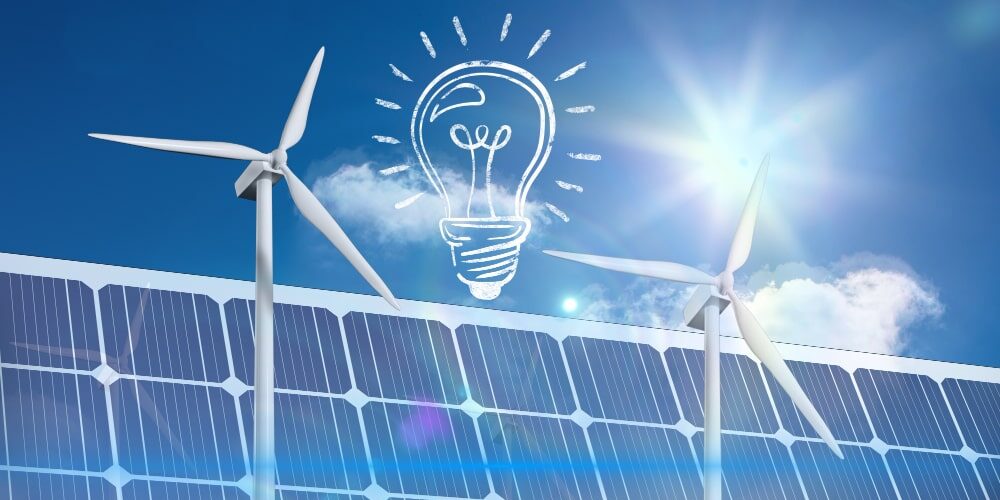
For those interested in further cutting down charging costs and enhancing the sustainability of their EV charging setup, the integration of solar panels and battery storage into the system should be considered.
Here’s how it works:
- Solar panels can generate power from the sun.
- Battery storage captures excess energy from the panels.
- The captured energy is used to charge your EV when needed.
By incorporating solar panels and battery storage, you can reduce your reliance on the grid and use renewable energy sources.
Integrating solar panels and battery storage offers several benefits:
- Reduces reliance on grid energy
- Decreases emissions associated with grid-generated power
- Harnesses the power of renewable resources
- Enables smart energy management
- Creates a more sustainable and cost-effective EV charging solution.
Maintaining and Troubleshooting Your EV Home Charger
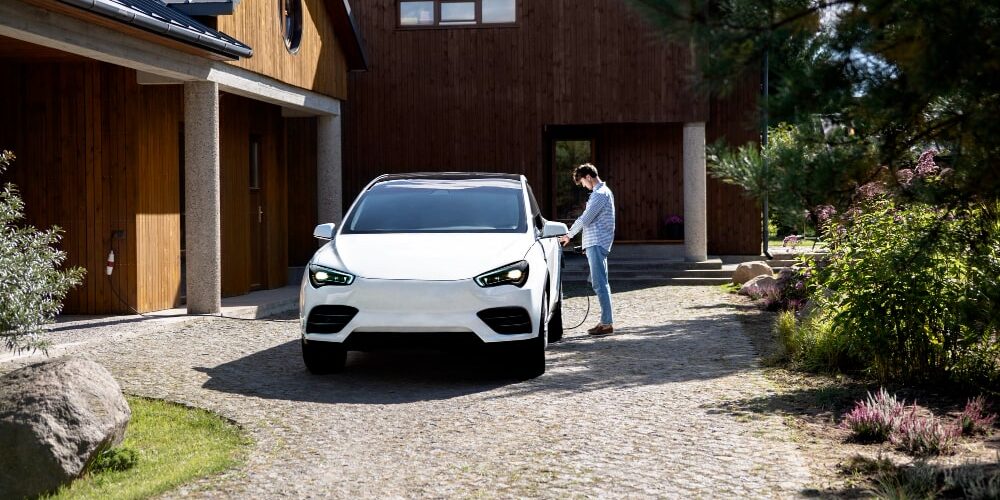
Regular maintenance and inspections are vital for ensuring your EV home charger’s longevity and proper functioning. Cleaning your charger and keeping it free from debris can prevent potential issues and help maintain optimal performance.
If any difficulties arise with your charger post-installation, obtaining professional support to resolve the issue and ensure safe operation is paramount. By staying proactive in maintaining your EV charger, you can enjoy hassle-free and efficient charging for years.
Can I install my own EV home charger?
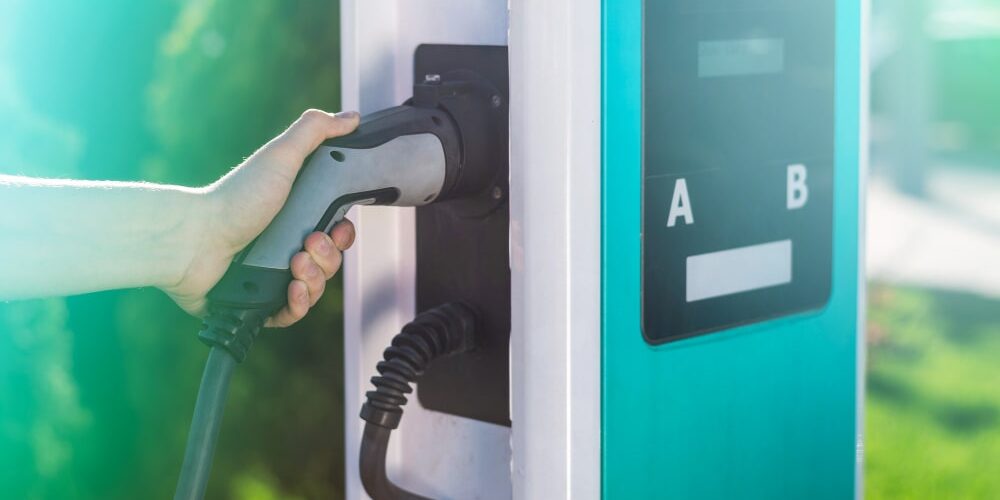
Although installing your EV home charger may sound tempting, it is generally discouraged due to the safety concerns and professional expertise required. Having an EV charger installed requires a qualified electrician with experience in EV charger installations to ensure proper installation and compliance with regulations.
Employing a professional installer ensures:
- A comprehensive evaluation of your property
- A correctly installed charger in a suitable location
- A guarantee that the installation adheres to all pertinent regulations
Ultimately, this ensures a safer and more reliable charging experience for you and your electric vehicle, whether it’s an electric car or another type of electric vehicle, using an electric vehicle charger or an electric car charger.
Can I get a 22kW charger at home?
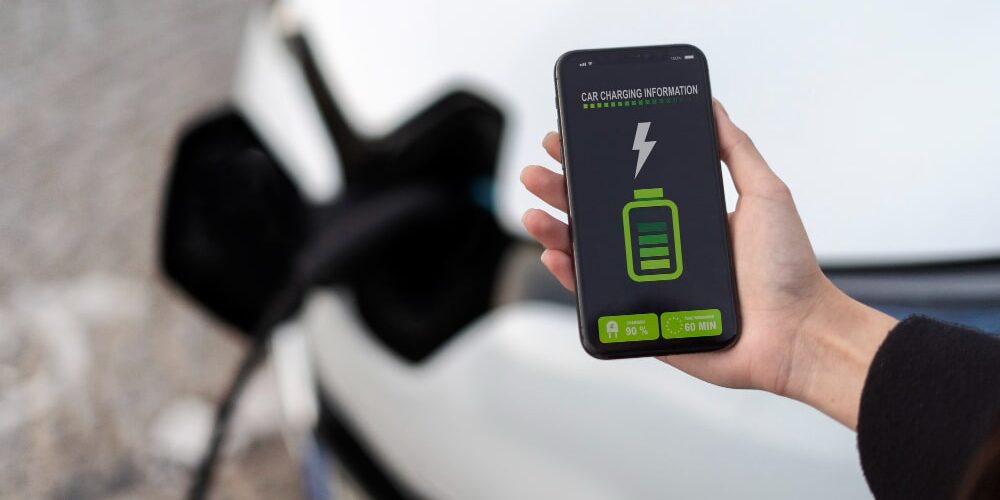
Installing a 22kW charger at home is feasible, although it necessitates a three-phase power supply and may entail additional installation costs. A 22kW charger can deliver up to 22 kilowatts of power to charge your EV, providing a faster and more efficient charging experience compared to standard chargers.
Remember that upgrading your power supply to accommodate a 22kW charger can cost anywhere from £3,000 to over £15,000, depending on your home’s specific setup and location. While this might be a significant investment, the benefits of a faster and more powerful charger can make it a viable option for some EV owners.
How many EV chargers can you install at home?
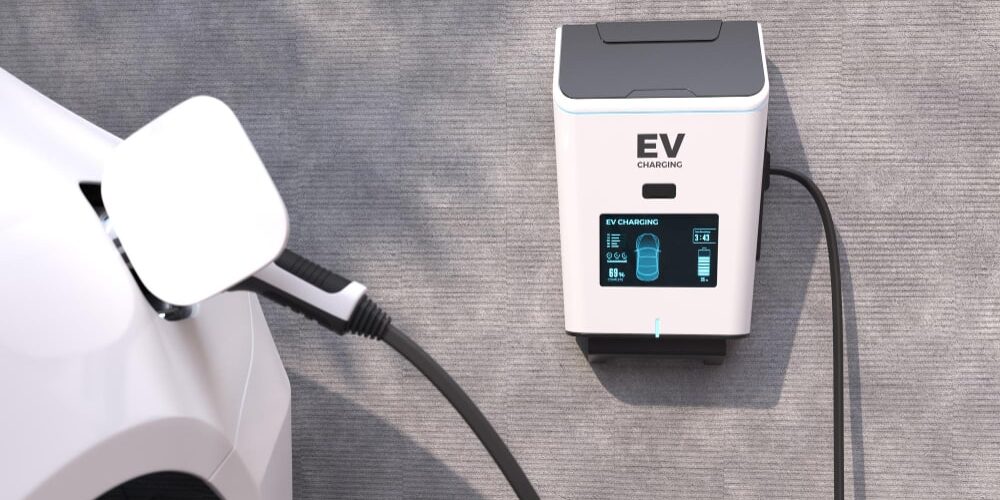
Decisions about the number of EV chargers you can install at home should consider factors such as available space, power supply capacity, and local regulations. Before installing multiple chargers, you should consult with your local government to ensure adherence to all applicable regulations.
Additionally, consider the available space in your garage or driveway and the capacity of your power supply to support multiple chargers. By considering these factors, you can make informed decisions about the number of chargers that can be safely and effectively installed at your property.
EV Charging On-the-Go: What You Need to Know

While home charging is a convenient and cost-effective solution for most EV owners, there may be times when you need to charge your vehicle on the go. In such cases, you can utilize electric car charging options like:
- Public charging networks
- Mobile apps to find and pay for charging services
- Cards like Octopus Electroverse to access and pay for charging services while away from home.
On-the-go charging provides flexibility and convenience, guaranteeing a charged EV no matter where your travels lead you. However, it’s essential to be aware of potential risks like safety concerns, compatibility issues, and overcharging when using public charging networks.
Summary
In conclusion, installing an EV home charger can significantly enhance your electric vehicle ownership experience, providing convenience and cost savings. By carefully selecting the right charger, preparing your property, and exploring options like solar panels and battery storage, you can create a sustainable and efficient charging setup that meets your needs. Remember, proper maintenance and professional support are essential to ensure the longevity and safety of your EV charger. Embrace the future of transportation with confidence and enjoy the benefits of home charging.
Frequently Asked Questions
How much does it cost to install an EV charger?
The cost of installing a 7kW EV charger ranges from £600 to £1,000, with many charge point companies including the cost of installation in the price of the charger.
Can any electrician install a home EV charger?
Installing an EV charger should always be done by a qualified and competent electrician who holds relevant qualifications such as the charge point installation (2921) certificate, and is registered with the Competent Person Scheme. Most EV charger providers offer installation as part of the purchase, so contact them first before engaging a standard electrician.
Can I install a 22kW charger at home?
Yes, you can install a 22kW EV charger at home, however, it requires a three-phase electricity supply.
What factors should I consider when choosing an EV charger for my home?
When choosing an EV charger for your home, make sure it is compatible with your vehicle, and consider the charging speed and available features such as smart charging capabilities.
What preparations are necessary for EV charger installation?
Before installing an EV charger, ensure off-street parking is available, check with your landlord if applicable, and assess the capacity of your home’s electricity supply.
